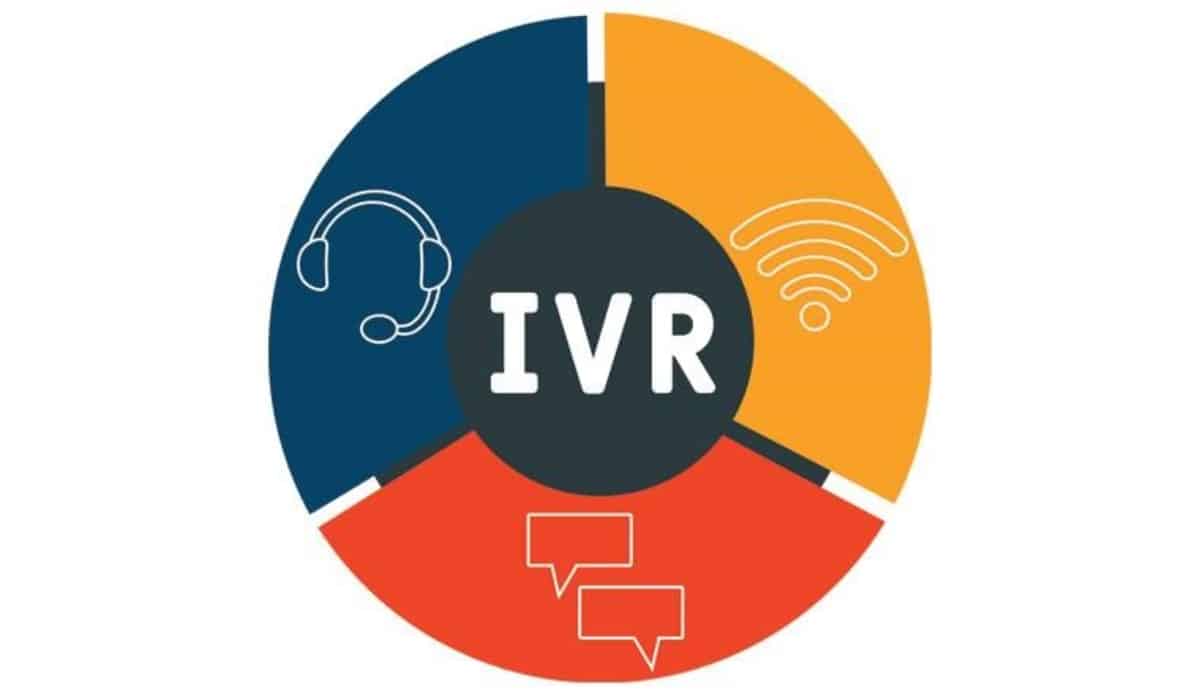Table of Contents
In the fast-paced world of customer service, businesses are constantly seeking innovative solutions to enhance their customer interactions. One such technology that has revolutionized customer communication is Interactive Voice Response (IVR). In this blog post, we will delve into the world of IVR, exploring its benefits, applications, and how it can boost your business’s efficiency.
Understanding IVR
Interactive Voice Response (IVR) is a technology that enables automated interactions between a computer system and a human caller through voice or keypad inputs. This powerful tool has gained widespread popularity across industries due to its ability to streamline customer interactions efficiently.
Interactive voice response systems are designed to handle a wide range of tasks, from answering frequently asked questions to routing calls to the appropriate department or agent. They use pre-recorded voice prompts and intelligent routing algorithms to provide seamless and consistent service to callers.
Enhancing Customer Experience
One of the primary advantages of interactive voice response is its ability to enhance the overall customer experience. When customers call a business, they expect prompt and accurate assistance. Interactive voice response systems can fulfill these expectations by providing:
- 24/7 Availability: IVR systems are available round the clock, ensuring that customers can reach your business at any time, even outside of regular working hours.
- Efficient Call Routing: Interactive voice response can efficiently direct calls to the right department or agent, reducing wait times and ensuring that customers get the assistance they need promptly.
- Consistency: IVR systems deliver a consistent message and service quality. Additionally, ensuring that every caller receives the same level of service.
Applications of IVR
IVR technology finds applications across various industries, such as:
- Customer Support: Interactive voice response can handle common customer queries, such as account balances, order status, or troubleshooting steps, without the need for human intervention.
- Appointment Scheduling: Service businesses and healthcare providers can use healthcare call center IVR to schedule appointments, reducing the workload on administrative staff.
- Surveys and Feedback: IVR can be used to conduct customer satisfaction surveys, helping businesses gather valuable feedback for improvement.
Building a Business Case for IVR
Implementing IVR into your business operations is a strategic move that can yield substantial benefits. It can significantly reduce operational costs by automating routine tasks and improving the efficiency of your customer support team. Moreover, it can lead to higher customer satisfaction by providing quick and accurate responses to queries.
IVR can also enhance your business’s image by showcasing your commitment to providing excellent customer service. Customers appreciate businesses that invest in technologies to make their interactions more convenient.
Conclusion
In today’s competitive business landscape, delivering exceptional customer service is paramount. IVR technology empowers businesses to achieve this goal by automating routine tasks, reducing wait times, and ensuring consistent service quality. Further, By incorporating interactive voice response into your customer service strategy, you can boost efficiency, lower costs, and ultimately improve customer satisfaction.
To explore the full potential of interactive voice response for your business, consider consulting experts in the field. Companies like SmartAction specialize in interactive voice response solutions and can provide valuable insights tailored to your specific needs. Moreover, Take the leap towards more efficient and customer-centric operations with IVR technology today.
If you’re interested in more articles on cutting-edge technology and its impact on businesses, stay tuned for our future posts!


